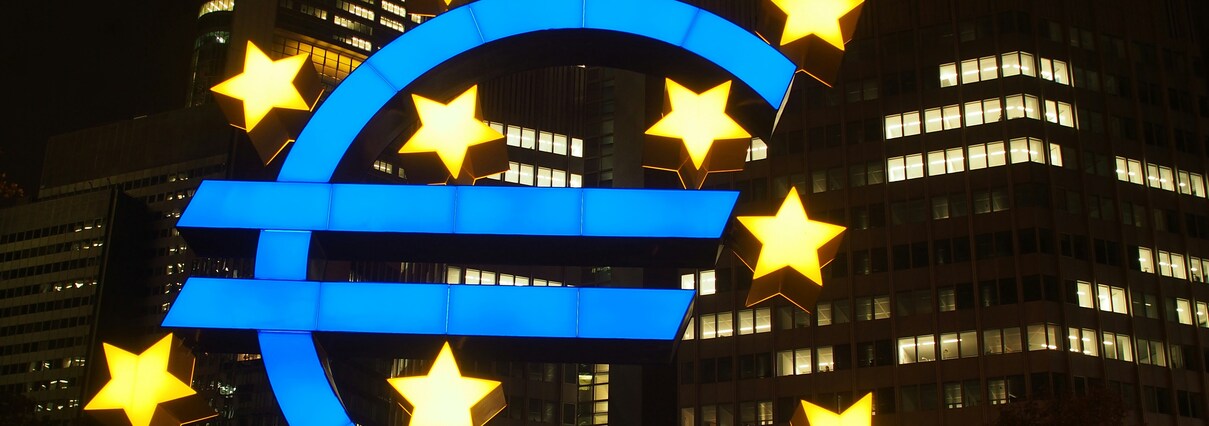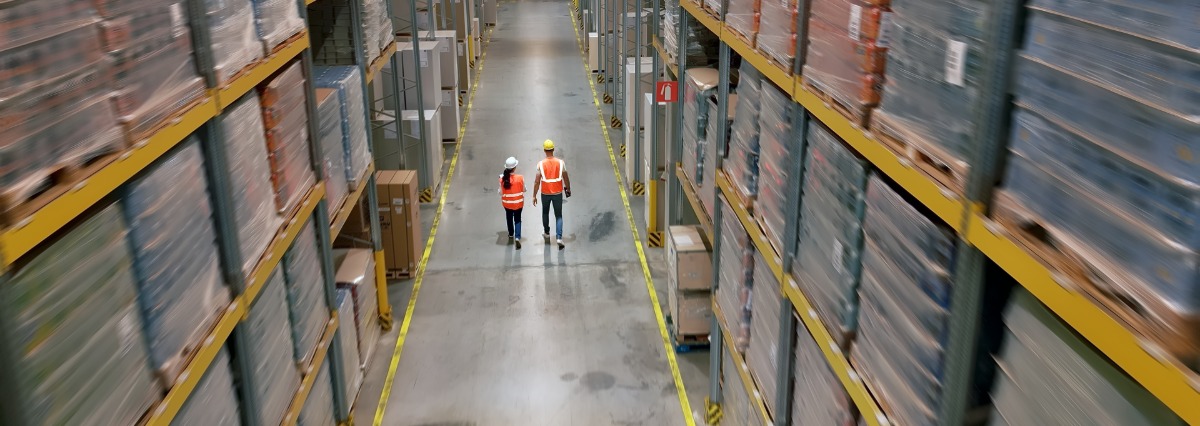Tensions between the two countries have risen to the highest level since Russia’s annexation of Crimea in March 2014. This followed the capture of three Ukrainian naval ships by Russia over the last weekend, accusing them of illegally entering its waters. The ships wanted to pass the Kerch Strait to the Sea of Azov east of Crimea. Both are shared territorial waters under a 2003 treaty but disputed since 2014. So both sides are accusing each other of provocation. As a result, Ukraine has introduced martial law for a period of 30 days, starting today, in 10 regions of the country considered most vulnerable to an attack from Russia. We believe that both sides do not have an interest in a serious escalation of the latest tensions, however, there is always a tail risk of an uncontrolled escalation following such an incident. Meanwhile, the IMF said that introducing martial law would not be an obstacle to continued IMF cooperation with Ukraine, which is still facing a prolonged economic crisis. The currencies of both countries have fallen by -2% or so since last Friday. However, despite the incident, Russia yesterday raised EUR1bn at a yield of 3.0% with the sale of a EUR-denominated seven-year Eurobond.















